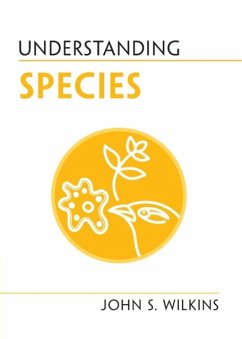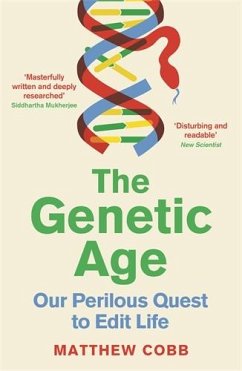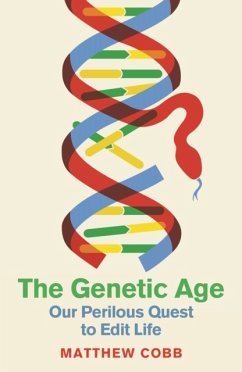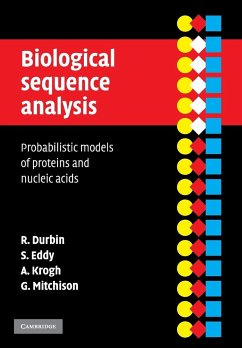
The Right to Know and the Right Not to Know
Versandkostenfrei!
Versandfertig in 1-2 Wochen
48,99 €
inkl. MwSt.

PAYBACK Punkte
24 °P sammeln!
Personal genetic information is increasingly accessible. Consumers can obtain and share information through DNA tests purchased online. Databases make personal details available for research or criminal investigation. This book examines the right to know or not to know genetic information about yourself and others.














